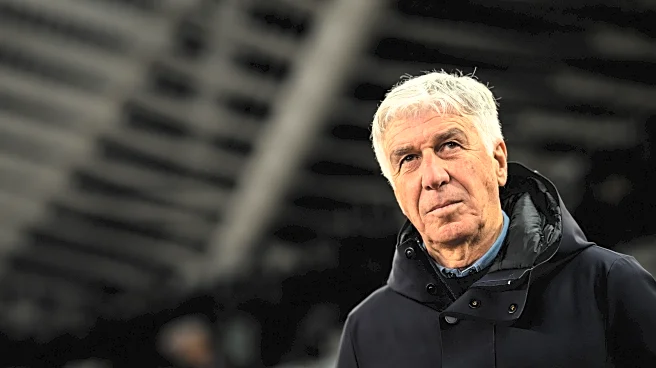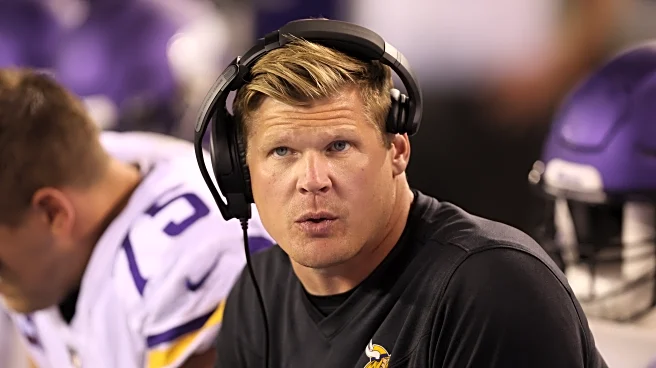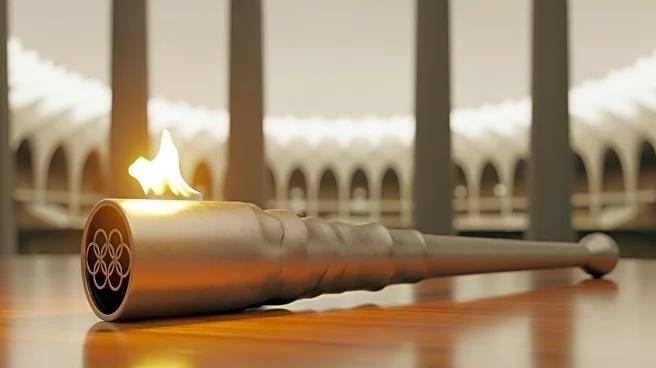Rapid Read • 8 min read
Captain Chesley 'Sully' Sullenberger, renowned for his emergency landing on the Hudson River, has publicly criticized President Trump's nomination of Bryan Bedford as the FAA Administrator. Sullenberger expressed concerns that Bedford's appointment could undermine aviation safety standards, particularly the 1500-hour pilot experience requirement established in 2010. He argues that Bedford's willingness to reduce regulations and allow airlines to self-regulate poses significant risks to passenger safety. Sullenberger emphasizes the need for an experienced aviation safety expert to lead the FAA, given the current stresses on the aviation system.
AD
The nomination of Bryan Bedford as FAA Administrator has sparked debate over the future of aviation safety in the U.S. Sullenberger's criticism highlights concerns about maintaining rigorous safety standards and the potential consequences of deregulation. The FAA plays a crucial role in ensuring the safety of air travel, and changes in leadership could impact its ability to uphold these standards. The aviation industry, passengers, and safety advocates are closely watching the nomination process, as it could influence regulatory practices and the overall safety of the aviation system.
The Senate will need to confirm Bedford's nomination, and the process may involve further scrutiny of his qualifications and stance on aviation safety. Stakeholders, including aviation professionals and safety advocates, may continue to voice their concerns and push for a nominee with a strong safety record. The outcome of the nomination could affect the FAA's regulatory approach and its ability to address current challenges in the aviation industry. The debate over aviation safety standards is likely to persist, influencing future policy decisions and industry practices.
Sullenberger's criticism underscores broader issues in aviation safety, including the balance between regulation and industry autonomy. The nomination process raises questions about the qualifications and priorities of those leading critical safety agencies. The potential rollback of safety standards could have long-term implications for passenger safety and the reputation of the U.S. aviation system. The discussion also highlights the importance of experienced leadership in navigating complex safety challenges and maintaining public trust in air travel.
AD
More Stories You Might Enjoy











